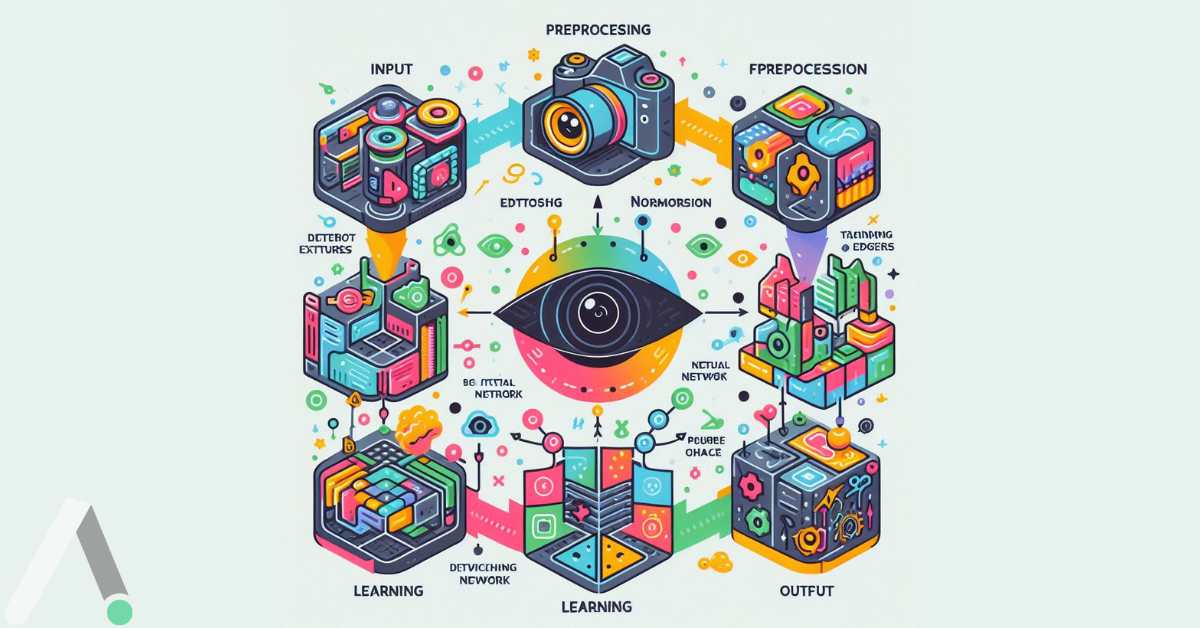Cloud Computing Essentials Unlock Benefits

Table of Contents
Introduction
Cloud Computing Essentials Unlock Benefits: Cloud computing has become a disruptive force in the current digital era, changing how companies develop and run their operations. The primary benefits that this technology provides are encapsulated in the phrase “cloud computing essentials unlock benefits.” Understanding these basic concepts is essential for enterprises seeking to maximize the cloud’s capabilities.
Understanding Cloud Computing
The term “cloud computing” pertains to the internet-based delivery of computing services, such as computing power, storage, and applications. With the help of this paradigm, companies may access and manage resources without requiring physical infrastructure. Many advantages have emerged from the move to cloud computing, which makes it a crucial part of contemporary IT plans.
Cost Efficiency
Cost effectiveness is one of cloud computing’s main advantages. Large sums of money must be spent on upkeep, software, and hardware for traditional IT systems. Because cloud computing offers a pay-as-you-go paradigm, these fees are eliminated. Businesses may save an immense amount of money by only paying for the resources they really utilize. This kind of financial flexibility is especially helpful for small and fledgling companies having tight finances.
Scalability and Flexibility
Another crucial benefit of cloud computing is scalability. Companies may readily adjust their operations to meet demand by scaling up or down. This adaptability guarantees that businesses can manage fluctuating workloads without overcommitting resources. Businesses may immediately boost their processing capacity to accommodate increased demand during peak seasons, for example, and then reduce it during off-peak times. This dynamic distribution of resources is revolutionary for sectors with fluctuating demands.
Enhanced Collaboration
Additionally, cloud computing improves team cooperation. Employees may see and edit documents at any time and from any location with cloud-based tools and apps. Because of its accessibility, real-time cooperation is encouraged, which boosts output and efficiency. Without being restricted to a physical office location, teams may work together on projects, exchange information, and communicate easily. The remote and hybrid work settings of today require this degree of connectedness.
Security and Reliability
Businesses’ first worry when it comes to data management is security. Cloud computing companies make significant investments in security measures to guard against hacker attacks and data leaks. Advanced security features including encryption, multi-factor authentication, and frequent security upgrades are provided by these suppliers. Furthermore, cloud services come with strong disaster recovery and backup mechanisms built in. This ensures that data is safe and accessible even in the event of hardware failures or natural disasters.
Speed and Performance
Cloud computing improves IT operations’ speed and performance tremendously. Businesses may now deploy apps and services more quickly than ever before thanks to cloud services. In a market that moves quickly, this quick deployment is essential to maintaining competitiveness. Additionally, cloud service providers provide high-performance computing resources capable of effectively handling complicated assignments and huge datasets. For sectors where processing speed is crucial, including banking, healthcare, and e-commerce, this performance gain is very helpful.
Innovation and Agility
Cloud computing is centered on innovation. Businesses may experiment with new concepts and technologies without being constrained when conventional IT infrastructure through using cloud services. Cloud platforms give users access to state-of-the-art capabilities and resources, including big data analytics, machine learning, including artificial intelligence. Businesses can innovate and remain ahead of the competition with this access. Furthermore, cloud computing’s agility enables businesses to swiftly adjust to shifting consumer demands and market situations.
Environmental Impact
Moreover, cloud computing supports environmental initiatives. Energy usage and carbon emissions are reduced via cloud computing by eliminating the requirement for physical infrastructure and data centers. Cloud companies frequently power their data centers using renewable energy sources and energy-efficient technology. This environmental advantage is consistent with business strategies that place an increasing focus on sustainability and corporate social responsibility.
Conclusion: Cloud Computing Essentials Unlock Benefits
To sum up, knowing the fundamentals of cloud computing opens up a world of advantages for companies. Cloud computing is a potent instrument that spurs innovation and growth because of its scalability, cost effectiveness, improved collaboration, and security. In order to realize their full potential and succeed in the long run, businesses must embrace cloud computing as they continue to traverse the digital world.
FAQs on Cloud Computing
What are some key benefits of cloud computing?
Cloud computing provides a number of important advantages, such as increased security, speed, scalability, improved collaboration, and cost effectiveness. Businesses may lower their IT costs, expand their operations with ease, enhance teamwork, guarantee data security, and launch apps more quickly by utilizing cloud services. Because of these benefits, cloud computing is a desirable choice for businesses of all kinds.
Why is cloud computing essential?
Because cloud computing offers the tools and infrastructure required for modern enterprises to function effectively and innovate, it is crucial. Businesses may access and manage resources without requiring physical infrastructure thanks to it, which reduces costs and increases operational flexibility. Furthermore, cloud computing facilitates remote work, improves teamwork, and lets companies swiftly adjust to shifting market conditions.
Why is cloud security essential?
To safeguard confidential data and guarantee the availability and integrity of cloud services, cloud security is crucial. Businesses are more vulnerable to data breaches and cyberattacks because they depend a growing degree upon cloud computing. Cloud security features that protect data and uphold client confidence include encryption, multi-factor authentication, and frequent security upgrades. Maintaining company continuity and minimizing data loss need strong cloud security.
What are the 5 advantages and disadvantages of cloud computing?
Benefits
- Cost-effectiveness: Minimizes the requirement for large initial hardware and software expenditures.
- Scalability: Enables companies to modify their resource levels in response to demand.
- Enhanced Collaboration: Enables employees from many places to collaborate in real time.
- Security: Offers cutting-edge data protection measures.
- Speed: Allows for the quick deployment of services and apps.
Drawbacks:
- Downtime: The possibility of interruptions in services.
- Security risks include the potential for data leaks and cyberattacks.
- Limited Control: You have less authority to handle data and infrastructure.
- Dependency on the Internet: Access is contingent upon a reliable internet connection.
- Compliance Issues: Difficulties in adhering to legal and regulatory obligations.
What are the key points of cloud computing?
Cloud computing’s salient features involve quick elasticity, resource pooling, wide network access, on-demand self-service, or measurable service. Users are able to deploy resources as needed via on-demand self-service. Resources are guaranteed to be accessible on the internet with broad network access. Resource pooling makes it possible for several users to effectively share resources. Scaling of resources may be done quickly using rapid flexibility. Transparency in resource utilization and expenses is offered by measured services. These ideas serve as the cornerstone of cloud computing and propel its broad uptake.










